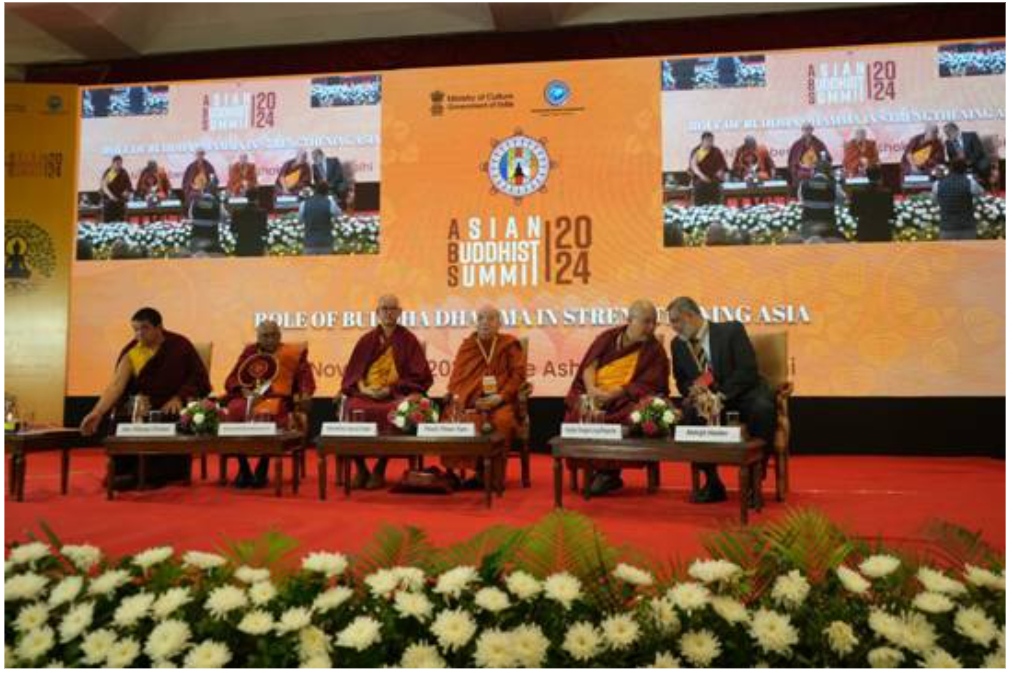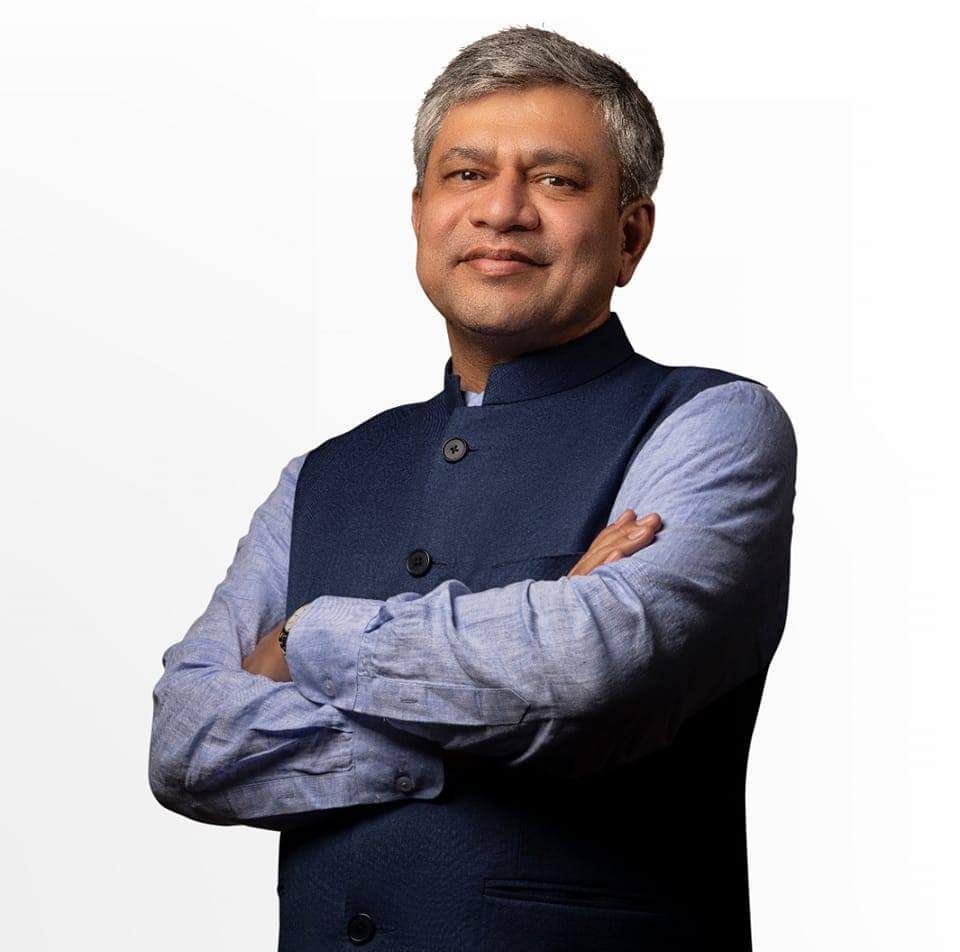First Asian Buddhist Summit Concludes in New Delhi with Insightful Discussions on Buddha Dhamma’s Role in Modern Society.
New Delhi:
The Ministry of Culture and the International Buddhist Confederation (IBC) successfully organized the inaugural First Asian Buddhist Summit on November 5-6, 2024, in New Delhi. The summit, themed “Role of Buddha Dhamma in Strengthening Asia,” brought together over 160 international participants from 32 countries, including Buddhist scholars, monks, nuns, diplomats, and experts. The event featured two parallel forums that provided diverse perspectives on the modern-day relevance of Buddhist teachings.
The first forum explored the foundational principles of the Buddha’s teachings and their contemporary applications, while the second delved into how Buddhist philosophies could contribute to sustainable development, social harmony, and international cooperation. The summit also included several groundbreaking presentations, highlighting innovative approaches to integrating Buddhist teachings with modern science, mental health, and global social challenges.
Notable contributions included Professor Ceon Ramon from the University of Washington, who examined the intersection of neuroscience and Buddhist meditation, specifically the timing of mental cognition and its relevance for treating mental health disorders. Shirendev Dorlig from the Vipassana Research Center in Mongolia shared his experience of introducing Buddhist meditation in Mongolian prisons, showing positive results among incarcerated individuals. Additionally, scholars such as Dr. Jagbir Singh from the University of Delhi traced the influence of Buddhism on Chinese architecture, while Dr. Shobha Rani Dash from Japan explored the assimilation of Hindu deities in Japanese Buddhism.
Other highlights included presentations on the spread of Buddhism across Central Asia and Eastern Europe, with a focus on the historical and cultural impact of Buddhist architecture and teachings. Notable figures like Dr. Yalcin Kayali from Turkey and Dr. Baatr U. Kitinov from Russia discussed the historical significance of Buddhism in the Uyghur Turkish world and eastern Turkestan, respectively.
The summit also shed light on the role of Buddhist philosophy in shaping national policies, with Ven. Ugyen Tshering from Bhutan highlighting the influence of Buddhism on the country’s Gross National Happiness (GNH) model.
With a wealth of insights from across Asia, the summit emphasized the enduring relevance of Buddhist principles in addressing modern challenges and fostering global peace and harmony. Some participants, including Ruslan Kazkenov from Kazakhstan, suggested the possibility of hosting the next summit in Central Asia to further explore the region’s Buddhist heritage.
The First Asian Buddhist Summit ended with a renewed commitment to deepening international dialogue on the role of Buddha Dhamma in strengthening both Asia and the broader world community.




